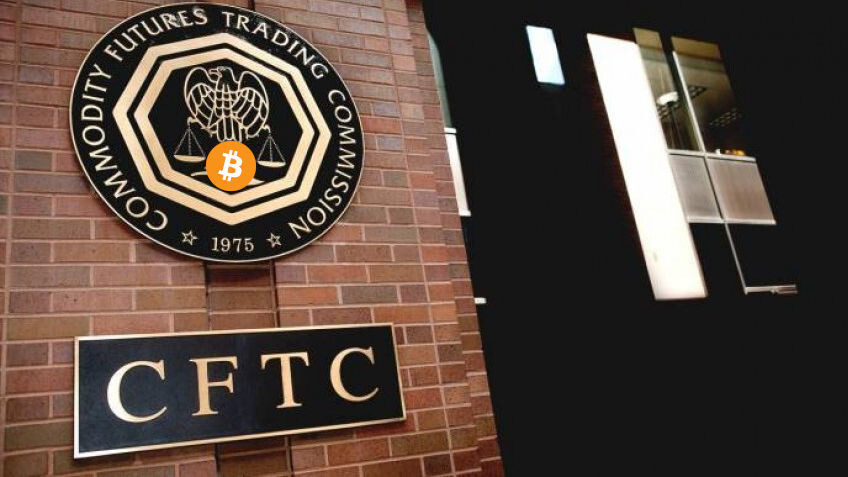
The US Federal Court has ruled that virtual currencies (like Bitcoin) are commodities – similar to coffee or oil. The judgement comes as part of a wider commodities fraud case, involving an (allegedly) illegitimate cryptocurrency called My Big Coin (MBC).
In late September, Senior Judge Rya W. Zobel declared the power to prosecute alleged cases of commodities fraud involving cryptocurrency.
“[T]he Court held […] the particular virtual currency at issue, MBC, was a commodity under the Commodity Exchange Act (CEA).” read a statement. “According to the Court, the term ‘commodity’ “includes a host of specifically enumerated agricultural products as well as ‘all other goods and articles […] and all services rights and interests […] in which contracts for future delivery are presently or in the future dealt in.”
Lawyers representing MBC attempted to argue the U.S. Commodity Futures Trading Commission (CFTC) has no jurisdiction over fraud cases involving cryptocurrencies by claiming it could only rule on cases of “market manipulation.”
That motion was rejected by Judge Zobel, who declared the law “explicitly prohibit[s] fraud even in the absence of market manipulation.”
This reflects separate judgements recently obtained by the CFTC related to other cryptocurrency fraudsters – and that the trading of Bitcoin futures has become common on Wall Street.
In fact, when Wall Street investment funds launched Bitcoin futures trading, regulators posted a customer advisory notice to really hammer the point home: trading virtual currencies is the same as trading any other commodity, and is subject to the same regulations.

Federal regulators hope to strengthen the greater commodities futures trading sector by making it absolutely clear that virtual currencies are indeed commodities.
My Big Coin was a Big Scam
Lawyers representing the supposedly real cryptocurrency MBC, moved to dismiss a CFTC complaint related to MBC’s business operations beginning in January 2014, which eventually forced Zobel’s hand.
The CFTC is suing developers of MBC on the grounds they “operated a fraudulent virtual currency scheme in which they solicited customers to purchase a fully-functioning virtual currency.”
The complaint declares MBC’s operators repeatedly made “false and misleading claims,” about its financial backing, trade status, functionality, and its value. Basically, regulators allege that the entire platform was a sham.
“To give the illusion that MBC was a safe bet, [MBC] also lied that it was backed by millions of dollars in gold, and would be used to stabilize the economies of twenty-two countries,” reads CFTC’s statement. “[MBC also] misappropriated customer funds by conning people into giving them more than $6 million for what [MBC] represented was a fully-functioning virtual currency.”
To make matters worse, the CFTC says MBC used the misappropriated funds to purchase “a home, antiques, fine art, jewelry, luxury goods, furniture, interior decorating, and other home improvement services, travel, and entertainment.”
Alas, we can finally mark this one for good: virtual currencies like Bitcoin are commodities, and Ethereum is too decentralized to be a security.
Got it.
If you’re interested in everything blockchain, chances are you’ll love Hard Fork Decentralized. Our blockchain and cryptocurrency event is coming up soon – join us to hear from experts about the industry’s future. Ticket sales are now open, check it out!
Get the TNW newsletter
Get the most important tech news in your inbox each week.




